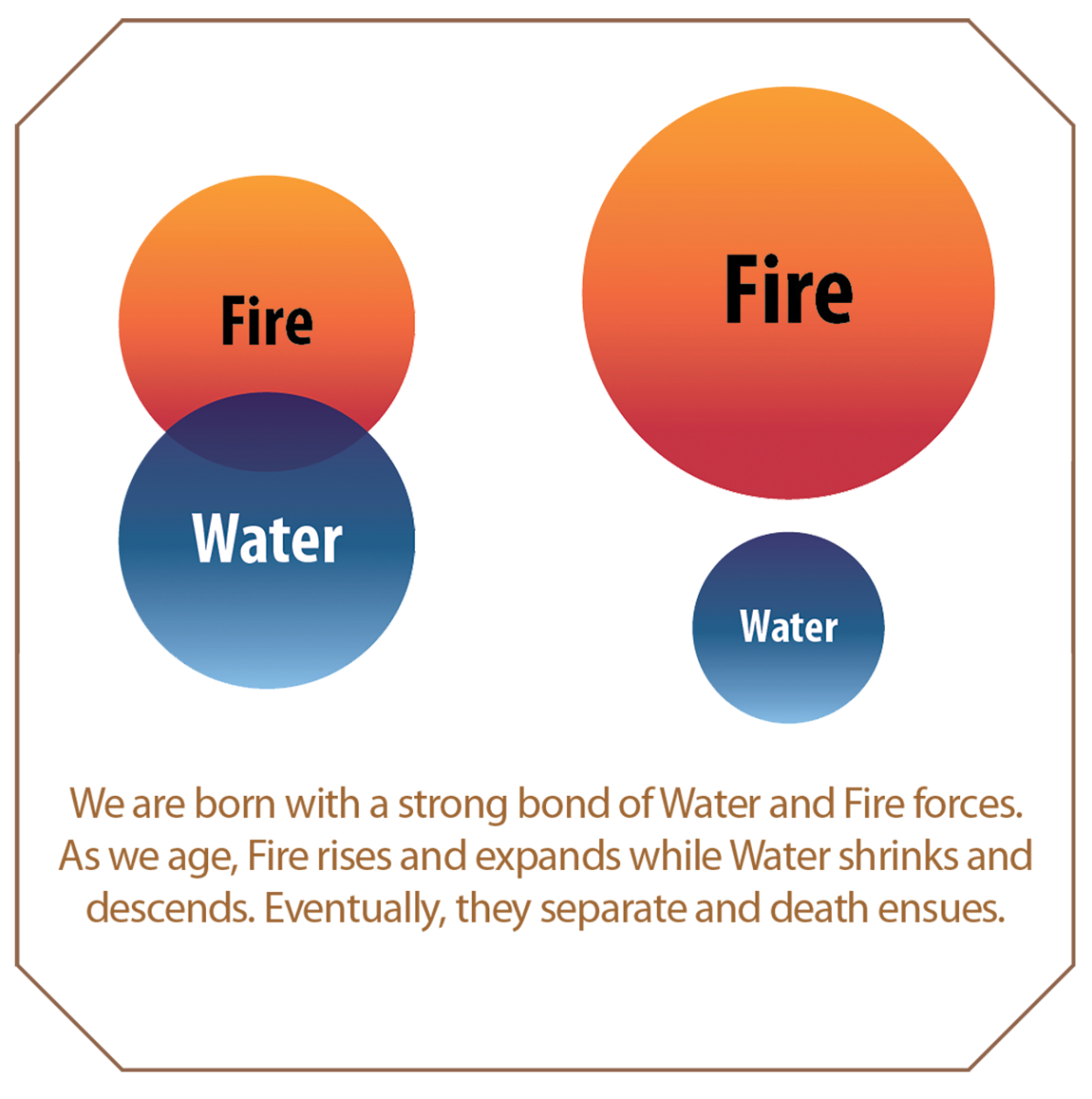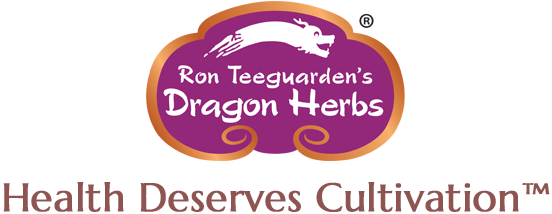Call Our Herbalists
Herbal Consultations
Healthy Aging

Young people often have the sense that they will never get old, almost a sense of invincibility. But as years accrue, aging becomes noticeable and most likely will become annoying and ultimately troublesome. In the Orient, preserving one’s youthfulness has become an art. Thousands of years of experience, study and experimentation has allowed for the discovery and development of many techniques for promoting “healthy aging.” In the Far East, the art of healthy aging is called “life cultivation.” We in the West have traditionally called it “taking care of yourself.”
It is a profound human desire to “age well.” That means, to age as “slowly” as possible — to stay strong, robust and healthy. For most of us, “healthy aging” would ideally mean that we don’t get ill too often, that we avoid suffering, that we remain energetic and maintain a clear and sharp mind.
It has become abundantly clear that lifestyle plays a key role in healthy aging. In days gone by, “health authorities” claimed that the entire aging process was predetermined by our genes. But discoveries over the last two decades have proven that epigenetics plays a key role in how we age. Based upon our lifestyle, including how and what we eat and drink, what tonic herbs and superfoods we consume, how we handle stress, how we move and exercise, how we relax, how we think and emote, all play a role in how our genes express themselves. Healthy centenarians tend to have optimistic attitudes, tend to eat relatively sparingly and consciously, tend to exercise plenty and tend to cope with stress in an evolved manner.
Eating well is next to essential – that means eating fresh vegetables and fruits, whole grains, sea vegetables, mushrooms, sprouts, vegetable sources of protein, and so on. Avoiding red meat, processed foods, white sugar and artificial ingredients are becoming an accepted path to healthy aging. Many of the healthiest older people in the world consume some type(s) of superfood that they claim has contributed to their healthy aging. For sure, maintaining a calorie watch on one’s diet can contribute to healthy aging.
Exercising is surely a lifestyle activity that improves one’s chances of healthy aging. There are definitely different styles and levels of exercise, though the jury is far from in on which methods are best. Naturally, yoga, tai chi and qi gong have a great legacy because they are very conscious and have been proven over thousands of years to support healthy aging. Nevertheless, most non-violent athletic activities will help us maintain a more youthful body and perhaps a more youthful mind. In addition to all this, how and what we breathe has a profound influence on healthy aging. Deep breathing is part of yoga and qi gong, and also part of dance, basketball and hiking. Breath control is a path to healthy aging unto itself.
Avoiding lifestyle activities that harm us, like excessive alcohol consumption, smoking, the use of pharmaceutical and addictive drugs beyond their necessary medical purposes, avoiding most “fast food” and highly processed foods, and avoiding activities that expose us to poison, radiation, wear-and-tear and extreme danger will contribute to healthier aging.
Other life cultivation techniques can contribute to healthy aging. Meditation, using healthy topical skin substances, and consuming tonic herbs have all gained reputations over the centuries for helping humans to achieve healthy aging.
If healthy aging is your goal, try to start while you are young. If you are not exactly “young” anymore, the time to start working on healthy aging is now.

